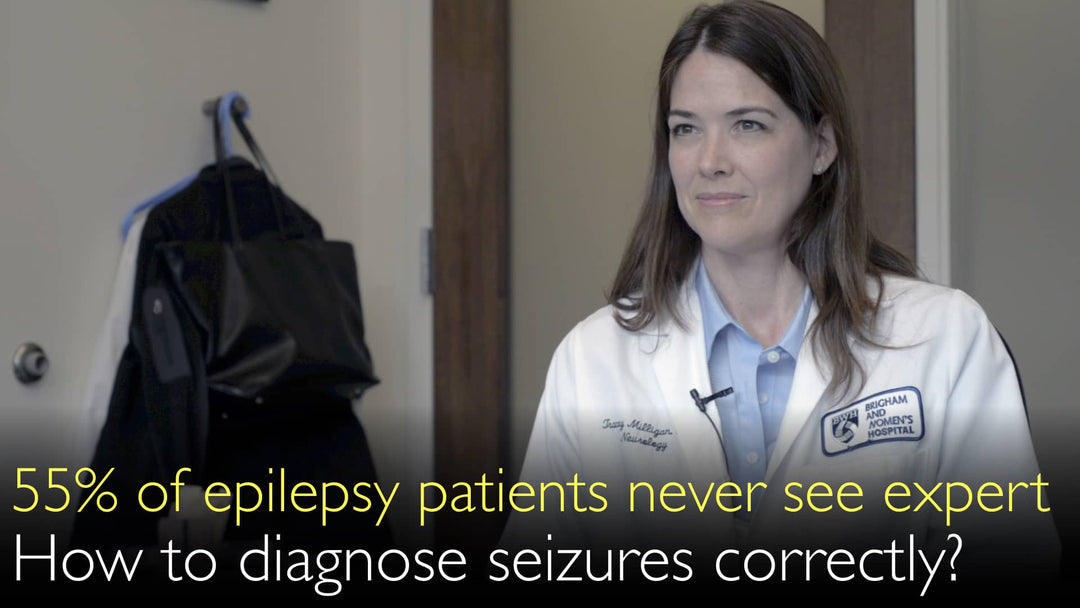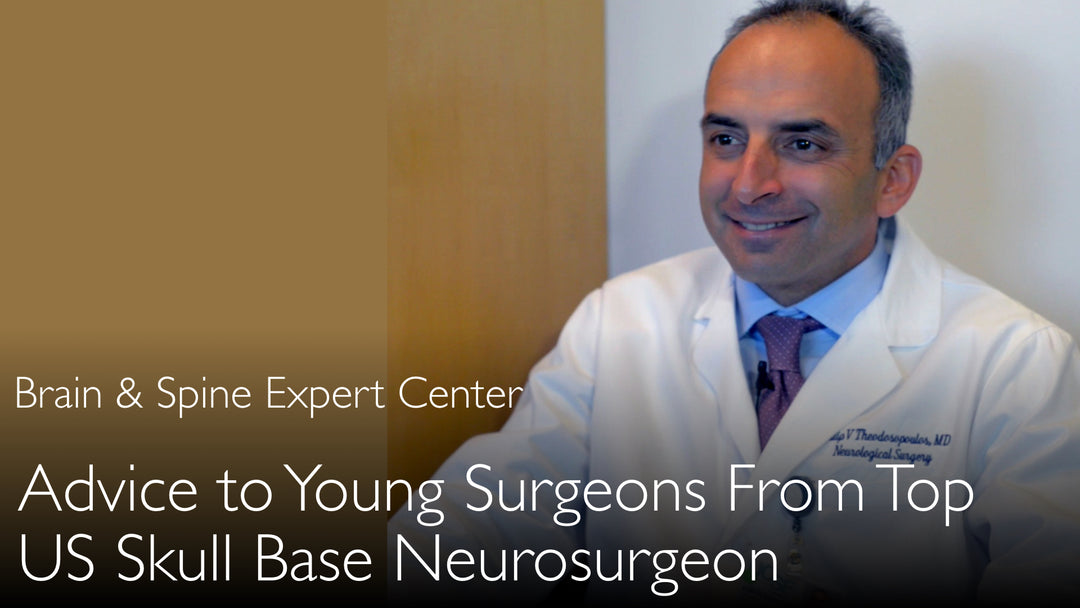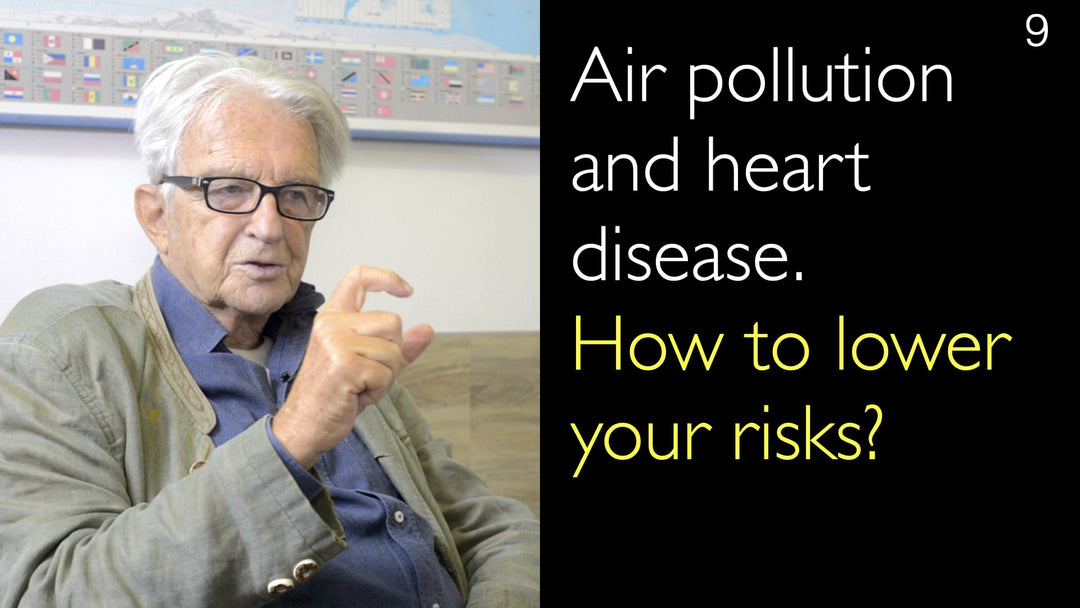Dr. Stephen Evans, MD, ein führender Experte für klinische Studienanalyse und Pharmakovigilanz, erläutert die grundlegenden Unterschiede zwischen Impfstoff- und Arzneimittelstudien. Er verdeutlicht, dass Impfstoffe an großen Kohorten gesunder Probanden, einschließlich Kindern, geprüft werden. Dabei liegt der Fokus besonders auf der Minimierung von Nebenwirkungen und der Nutzung von Immunogenität als Surrogat-Endpunkt. Im Gegensatz dazu beziehen Arzneimittelstudien häufig ältere, vorerkrankte Patienten ein und erfassen klinische Endpunkte wie Krankheitsverläufe.
Wesentliche Unterschiede zwischen Impfstoff- und Arzneimittelstudien: Sicherheit und Studiendesign
Direkt zum Abschnitt
- Impfstoffstudien an gesunden Populationen
- Messung der Wirksamkeit von Impfstoffen
- Immunogenität als Surrogatendpunkt
- Große Fallzahlerfordernisse
- Patientenpopulationen in Arzneimittelstudien
- Verträglichkeit von Nebenwirkungen
- Vollständiges Transkript
Impfstoffstudien an gesunden Populationen
Dr. Stephen Evans, MD, hebt einen grundlegenden Unterschied im Studiendesign hervor: Impfstoffstudien werden vorwiegend an gesunden Probanden durchgeführt, oft auch an gesunden Kindern. Das Hauptziel ist der Schutz vor einer zukünftigen Erkrankung bei möglichst geringen Risiken.
Die Sicherheitsanforderungen sind extrem hoch, da die Intervention bei gesunden Personen angewendet wird. Typische leichte Nebenwirkungen sind lokale Hautreaktionen oder Schmerzen an der Einstichstelle. Ethisch gebietet es sich, gesunden Menschen keinen signifikanten Schaden zuzufügen.
Messung der Wirksamkeit von Impfstoffen
Dr. Stephen Evans, MD, erläutert die Schwierigkeit, die tatsächliche Wirksamkeit eines Impfstoffs zu messen. Impfstoffe sollen Erkrankungen verhindern, die in der Bevölkerung relativ selten auftreten können. Diese Seltenheit erschwert es, innerhalb eines praktikablen Zeitrahmens und mit vertretbarem Aufwand eine direkte Reduktion der Krankheitsfälle nachzuweisen.
Daher müssen Studienleiter oft auf alternative, messbare Endpunkte zurückgreifen. Diese dienen als Surrogatparameter, um die voraussichtliche Wirksamkeit des Impfstoffs in der Praxis zu belegen – ein wesentlicher Unterschied zu vielen Arzneimittelstudien, die eine bestehende, aktive Erkrankung behandeln.
Immunogenität als Surrogatendpunkt
Ein zentrales Bewertungskriterium für Impfstoffe ist die Immunogenität. Dr. Stephen Evans, MD, definiert sie als die Fähigkeit des Körpers, spezifische Antikörper gegen das Zielvirus oder den Zielerreger zu bilden. Eine starke Antikörperantwort gilt als zuverlässiger Surrogatendpunkt für den Schutz.
Dieser Nachweis überzeugt in der Regel die Zulassungsbehörden, da er zeigt, dass der Impfstoff das Immunsystem erfolgreich „trainiert“ hat. Dieser Ansatz ist nötig, wenn der eigentliche Erkrankungsendpunkt in einer Studie zu selten ist, um ihn direkt messen zu können.
Große Fallzahlerfordernisse
Um seltene unerwünschte Ereignisse zu erfassen und mitunter Surrogatendpunkte zu nutzen, sind sehr große Studien erforderlich. Dr. Stephen Evans, MD, betont, dass Impfstoffstudien eine enorme Teilnehmerzahl benötigen. Diese Größe ist essenziell, um ausreichend statistische Power zu haben und selbst sehr ungewöhnliche Nebenwirkungen identifizieren zu können.
Das Erkennen solcher seltenen Sicherheitssignale ist von größter Bedeutung, wenn ein Produkt an Millionen gesunder Menschen verabreicht werden soll. Große Fallzahlen helfen, das Nutzen-Risiko-Profil vor dem breiten Einsatz gründlich zu verstehen.
Patientenpopulationen in Arzneimittelstudien
Dr. Stephen Evans, MD, stellt Impfstoffstudien solchen für therapeutische Arzneimittel gegenüber. Arzneimittelstudien rekrutieren typischerweise ältere Patienten, die bereits an einer diagnostizierten Erkrankung leiden. Die Teilnehmer sind krank, und das Arzneimittel soll ihre Krankheit behandeln oder Symptome lindern.
Die Häufigkeit des untersuchten Erkrankungsendpunkts ist oft höher als die einer durch Impfung verhüteten Krankheit. Das kann im Vergleich zu Impfstoffstudien manchmal kleinere Studien ermöglichen. Allerdings benötigen auch präventive Arzneimittel wie Statine sehr große Studien, um seltene Ereignisse wie Herzinfarkte messen zu können.
Verträglichkeit von Nebenwirkungen
Die Toleranz gegenüber Nebenwirkungen unterscheidet sich erheblich zwischen diesen beiden Studientypen. Dr. Stephen Evans, MD, weist darauf hin, dass gesunde Menschen Nebenwirkungen weniger bereitwillig akzeptieren. Eine geringfügige Nebenwirkung in einer Arzneimittelstudie könnte vertretbar sein, wenn sie gegen die Behandlung einer ernsten Erkrankung abzuwägen ist.
Dieselbe Nebenwirkung bei einem an Gesunde verabreichten Impfstoff könnte dagegen als inakzeptabel gelten. Die Risiko-Nutzen-Abwägung fällt völlig anders aus. Das Interview mit Dr. Anton Titov, MD, unterstreicht, dass Sicherheit das vorrangige Anliegen in jeder klinischen Studie mit gesunden Populationen ist.
Vollständiges Transkript
Dr. Anton Titov, MD: Professor Evans, was ist der Unterschied zwischen Studien für Impfstoffe und klinischen Studien für Medikamente? Sie sind ein Experte in der klinischen Studienanalyse und insbesondere in der Überwachung von unerwünschten Arzneimittelwirkungen bereits zugelassener Medikamente. Wie unterscheiden sich also die Durchführungen klinischer Studien für Impfstoffe und Medikamente?
Dr. Stephen Evans, MD: Es gibt zwei oder drei Punkte, die Impfstoffstudien auszeichnen. Erstens, wie gesagt, werden Impfstoffe tendenziell gesunden Menschen verabreicht. Sehr oft sind das gesunde Kinder. Man möchte gesunden Kindern definitiv keine Nebenwirkungen zufügen, also strebt man einen Nutzen bei minimalen Schäden an. Ganz ohne Schaden wird es nicht gehen.
Bei einer Impfung kann es leicht zu einem Ausschlag oder einem schmerzenden Arm kommen – das sind unerwünschte Wirkungen. Gelegentlich verursachen sie ernsthaftere Schäden, und man muss sicherstellen, dass diese nicht auftreten. Aber das Problem ist: Sie sollen eine Krankheit verhindern, also muss man sicher sein, dass sie das auch tun.
Oft ist die Krankheit selbst relativ selten, sodass man nicht immer absolut sicher sein kann, dass sie verhindert wird. Man muss einen anderen Endpunkt messen. Sehr häufig misst man bei einem Impfstoff die Immunogenität, also die Fähigkeit des Körpers, Antikörper gegen die Krankheit oder das Virus zu bilden, das man davon abhalten möchte, signifikanten Schaden anzurichten.
Anstatt nachzuweisen, dass die Krankheit verhindert wird, zeigt man, dass der Körper Antikörper dagegen gebildet hat. Das ist in der Regel überzeugend. Trotzdem braucht man oft sehr große Zahlen.
Die Schlüsselaspekte sind: Wir benötigen große Fallzahlen in Impfstoffstudien, wir verabreichen sie an gesunde Menschen, wir können sehr wenige unerwünschte Wirkungen tolerieren, und manchmal ist der Endpunkt schwer zu messen. Bei Arzneimitteln, die wir zur Behandlung einsetzen, geben wir sie oft älteren Menschen. Wir geben Arzneimittel nicht unbedingt an Kinder, sondern an Menschen mit Erkrankungen.
Das Auftreten der Erkrankung oder des Endpunkts, an dem man interessiert ist, ist häufig genug, sodass man nicht so große Studien braucht. Zum Beispiel benötigen Studien mit Statinen, die zur Vorbeugung von Herzinfarkten oder Todesfällen eingesetzt werden, sehr viel größere Studien. Gesunde Menschen werden Nebenwirkungen bei weitem nicht so leicht tolerieren.







